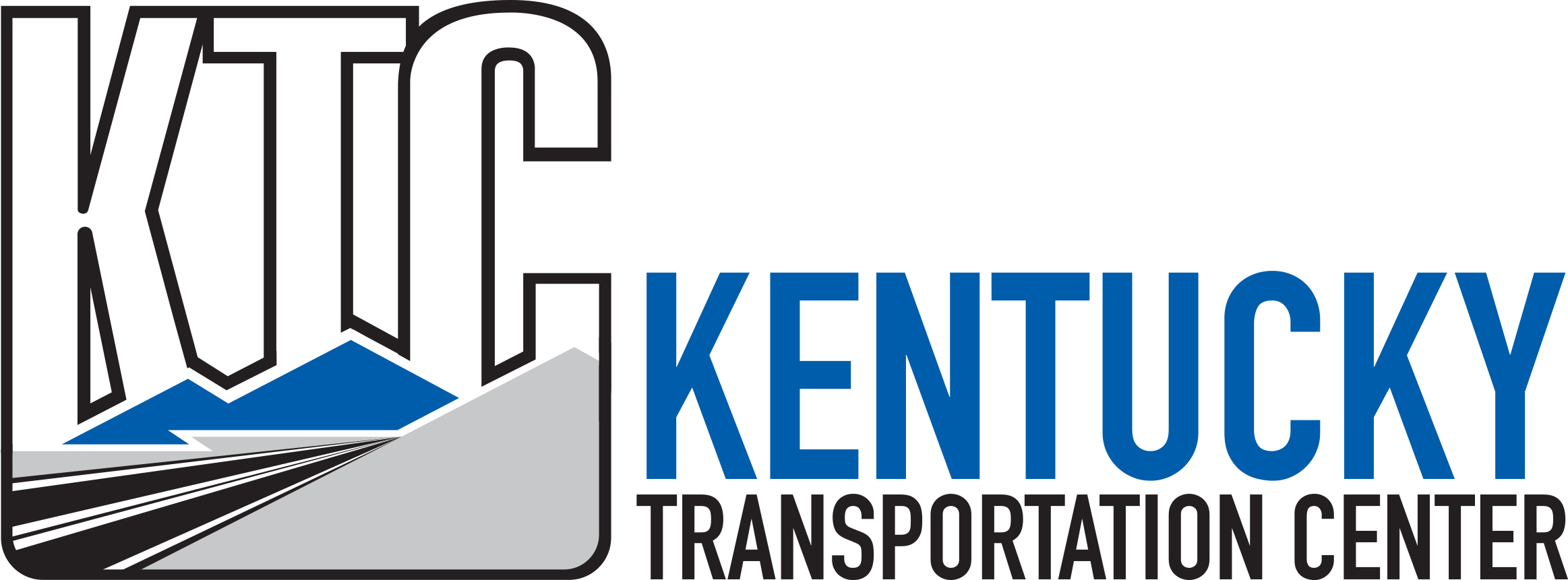Abstract
In 2009, Louisville Metro Public Works undertook its first roadway reconfiguration project, converting a section of Eastern Parkway (US 60A) from a four-lane undivided road to a three-lane section with a two-way left-turn lane and one travel lane in each direction. Since this initial project, Louisville Metro Public Works and the Kentucky Transportation Cabinet (KYTC) have completed 40 roadway reconfigurations to reduce the number of through lanes and reassign existing right-of-way to other roadway users. Additionally, the agencies have 25 more planned or proposed reconfiguration projects. This report documents the safety and operational performance of reconfigured roads. Across all projects, statistical analysis found significant reductions in total crashes, fatal and severe injury crashes, injury crashes, and property damage only crashes following reconfiguration. A subset of projects — those which entailed reconfiguring roads that initially had two lanes — did not record a statistically significant drop in total crashes, but did see a substantial decline in bicycle crashes. Operational analysis demonstrated that speed and traffic volumes held steady following reconfiguration. Evaluating reconfigured roads against other traditional roads in Jefferson County showed their peak hour speed conditions did not exhibit greater reductions relative to free flow speed than other road configurations. The study findings suggest that roadway reconfiguration is an effective safety countermeasure that merits continued use in Louisville.
Report Date
8-2024
Report Number
KTC-25-04
Digital Object Identifier
https://doi.org/10.13023/ktc.rr.2025.04
Repository Citation
Staats, William and Kirk, Adam, "Evaluation of Roadway Reconfigurations in Louisville, Kentucky" (2024). Kentucky Transportation Center Research Report. 1796.
https://uknowledge.uky.edu/ktc_researchreports/1796


